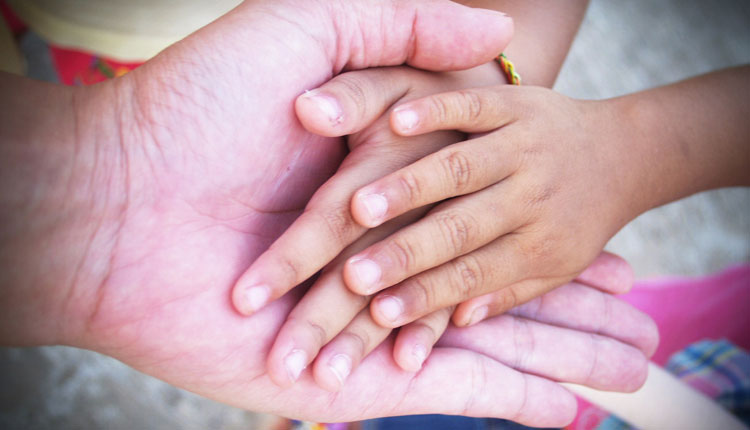Autism Changes the Role of Grandparents
A groundbreaking survey from the Interactive Autism Network (IAN) paints a picture of grandparents assuming a larger role in the lives of their grandchildren with autism. They are often the first to suspect that a child may have autism and once diagnosed, they have their own struggles in coming to terms with it. Some are resilient, while others confess to having a hard time moving through their grief.
Thereafter, grandparents become immersed in the daily life of the child, even going so far as to have some say in their course of treatment.
Overwhelmingly, grandparents are a savvy group, doing extensive research to empower themselves as an advocate for the grandchild and taking up autism causes.
Among the survey’s findings:
• Over 36 percent say they take care of their grandchild at least once a week and about 1 in 5 indicate that they provide regular transportation for the child.
• 72 percent of grandparents say they play some role in making treatment decisions for their grandchild.
• Many say they moved so they could be closer to their grandchild, while 1 in 10 report living in the same household.
• A quarter of grandparents report spending up to $99 a month on their grandchild, with some contributing over $500 or $1,000 monthly.
Grandparents are making considerable sacrifices for their child with autism both in terms of money and freedom as they retain the role of care giving long after they thought it would be over.
While unscientific in that uninvolved grandparents would be unlikely to participate in the survey, the findings do reveal a trend towards a more tightly-knit extended family, a village forming to help raise the child with autism. This is very touching and heartening to me that at a time when modern life is seeing families more scattered and estranged, autism is bringing them together.
Even more, over ninety-percent of the survey respondents reported that they feel much closer to their grown child because of their grandchild’s autism diagnosis. As in many other areas, this appears to be yet another silver lining for families facing autism on a day-to-day basis.
Much like within neurotypical families, grandparents are often the unsung heroes and deserve much more credit and recognition for their part in dealing with autism.

